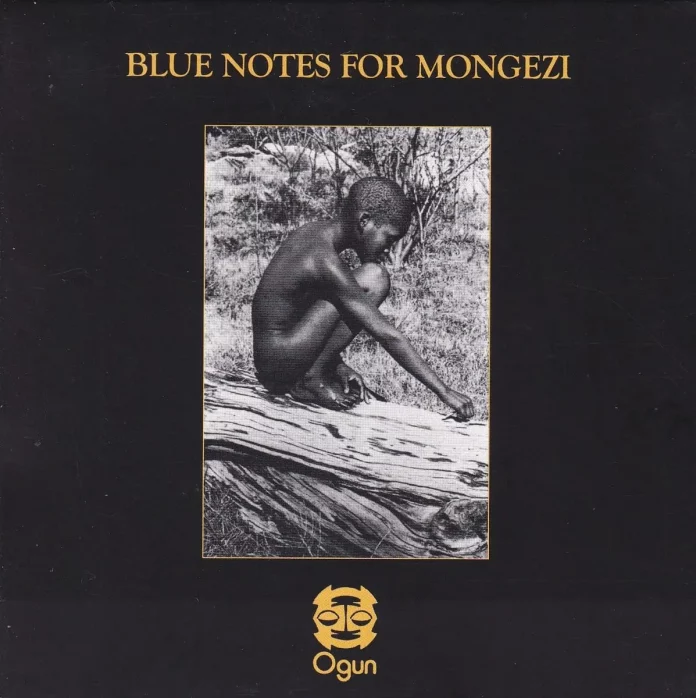Like Blue Notes For Johnny (reviewed separately) this CD was previously issued in 2008 as part of Blue Notes: The Ogun Collection, a boxed set which also included Blue Notes – Legacy (OGCD 024) and Blue Notes In Concert (OGCD 027) along with a 20-page booklet. It was originally released on LP in 1976, but had to be edited because of the space restrictions of the format. The CD releases reinstated the missing material.
The original Blue Notes were put together by McGregor in Johannesburg in 1962. As a mixed-race band, they offended the delicate sensibilities of the racist regime and so, whilst touring Europe, they decided not to return to South Africa. After a year in Switzerland they settled in London, where I first saw them in a scorching double-bill with the Keith Tippett Sextet at the 100 Club in January 1969. By then they were called the Chris McGregor Group and consisted of the four musicians featured on this CD plus tenor saxophonist Ronnie Beer and the remarkable trumpeter Mongezi Feza, to whom this album is dedicated. The Blue Notes of the title both identifies the band and denotes the sorrow Feza’s friends, colleagues and fans felt.
“Mongs” was fascinating to watch as well as hear: he’d often execute writhing bodily movements that complemented his trumpet lines. As McGregor put it: “He sounded as a flame dances.” His early death from untreated pneumonia devastated his friends, and feelings were exacerbated as it was the subject of speculations and accusations at the time: it was generally believed that his complaints were ignored by the police (who had taken him into custody for disorderly behaviour) and the hospital where he was examined. It is therefore likely that, alongside the still-fresh love, grief and pain (Feza had died just nine days previously) there was an element of anger, and there seems to be an extra edge to the group’s customary maelstrom of sound.
The musicians turned up at a rehearsal room and began to play, without prior discussion, and continued without a break for three-and-a-half hours. Consequently, parts of the performance went unrecorded whilst the tape reels were changed. Even the start of the first CD seems to find the band already in full collective flow. Just short of six minutes into the first movement Pukwana comes to the fore in a solo that is both elegy and eulogy, with Dyani’s rich-toned muscular bass well captured. Dyani also speaks a tribute to Feza. He died almost exactly 10 months after this session.
The second disc includes some of the more serene and/or accessible passages, with McGregor and Dyani gracefully evoking kwela and other South African genres. Pukwana begins with an emotional Albert Aylerish / gospel-tinged dirge and moves to join the piano and bass dance until a more reflective ballad-like episode evolves around 22 minutes into the third movement, after which the music shifts constantly between moods, with Pukwana rather surrealistically playing several bars of The Yellow Rose Of Texas at one point. I could go on, but mustn’t.
Over the course of the two CDs this session shows this tightly knit group at its best, portraying its work perhaps more comprehensively, passionately and authentically than any of their other recordings.
Discography
CD1: Blue Notes For Mongezi, 1st & 2nd movements (78.45)
CD2: Blue Notes for Mongezi, 3rd & 4th movements (78.18)
Pukwana (as, whistle, pc, v); McGregor (p, pc); Dyani (b, bell, v); Moholo-Moholo (d, pc, v). London, 23 December 1975.
Ogun OGCD025/026















